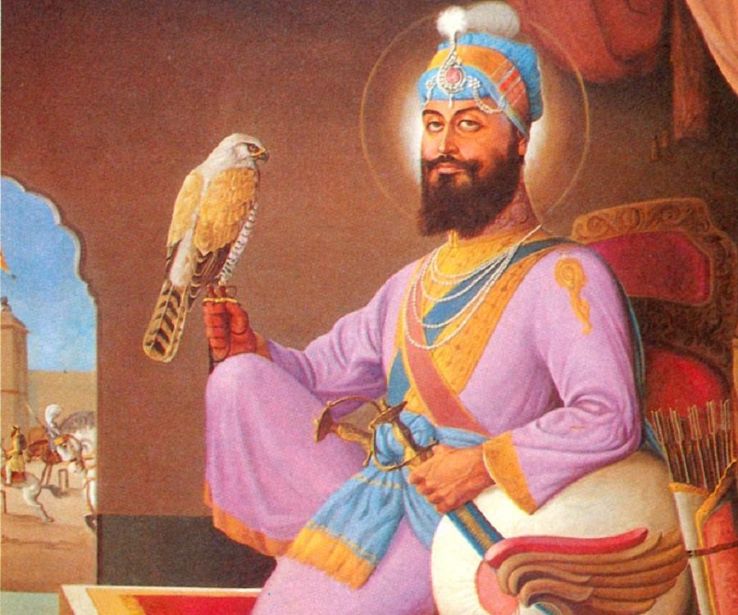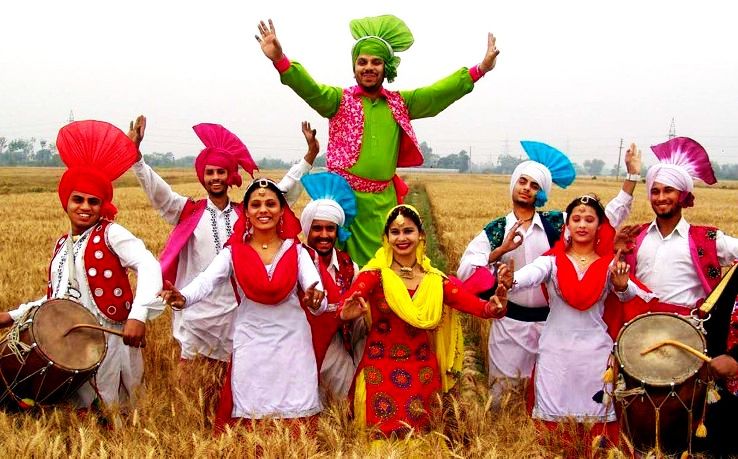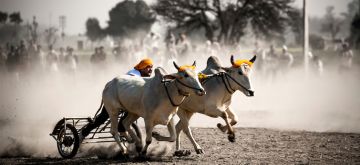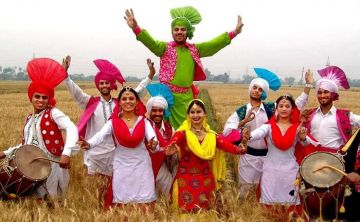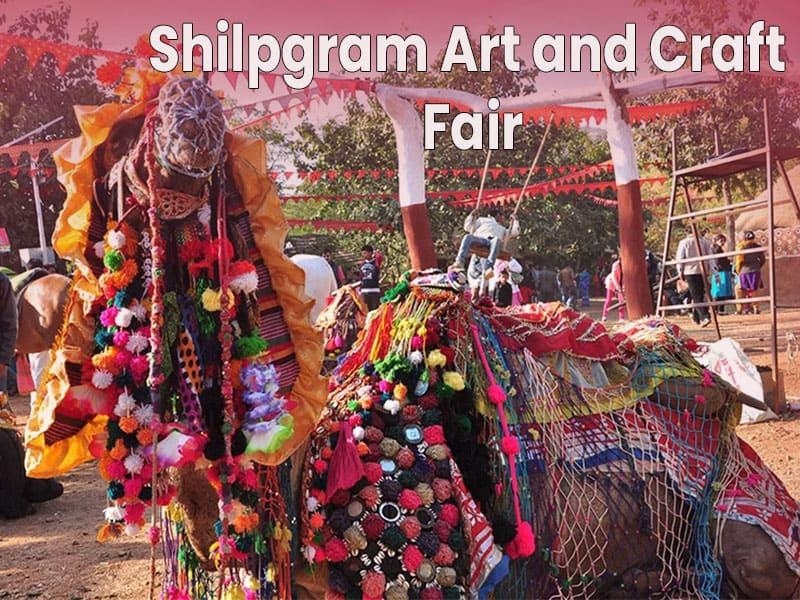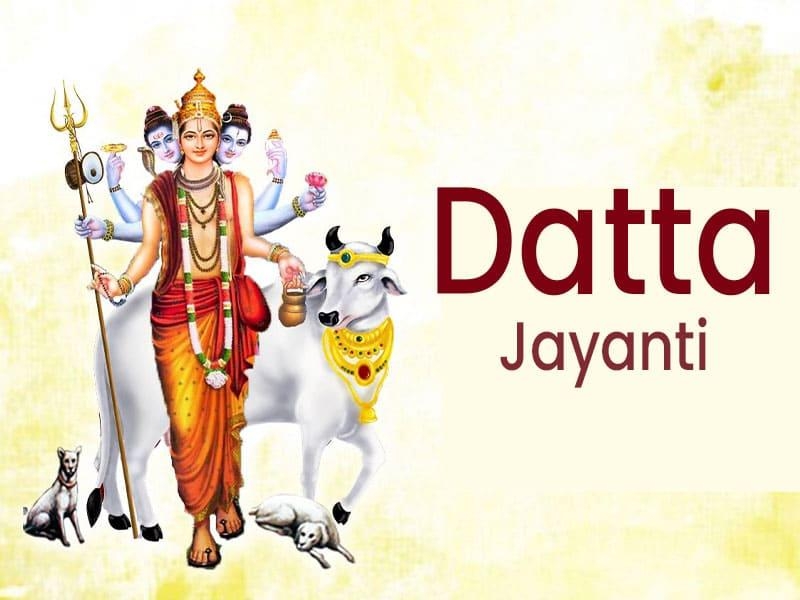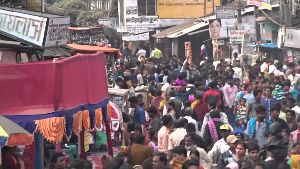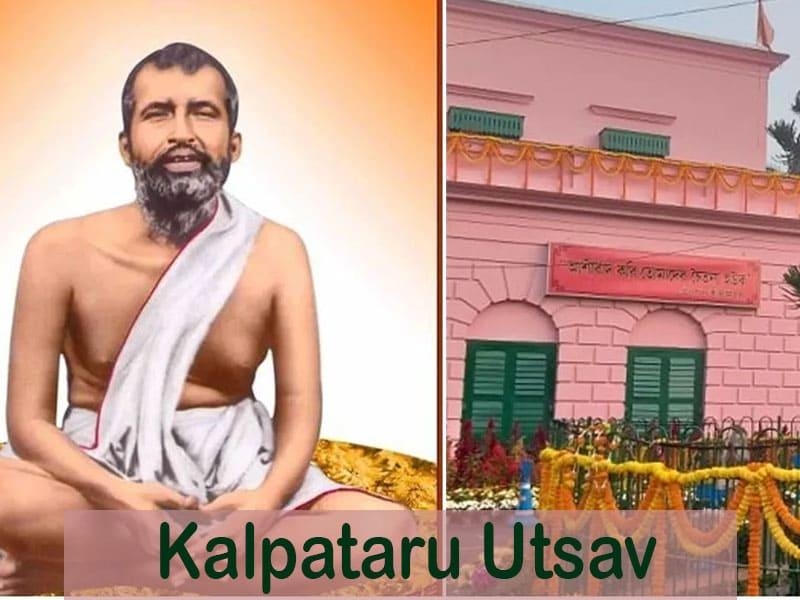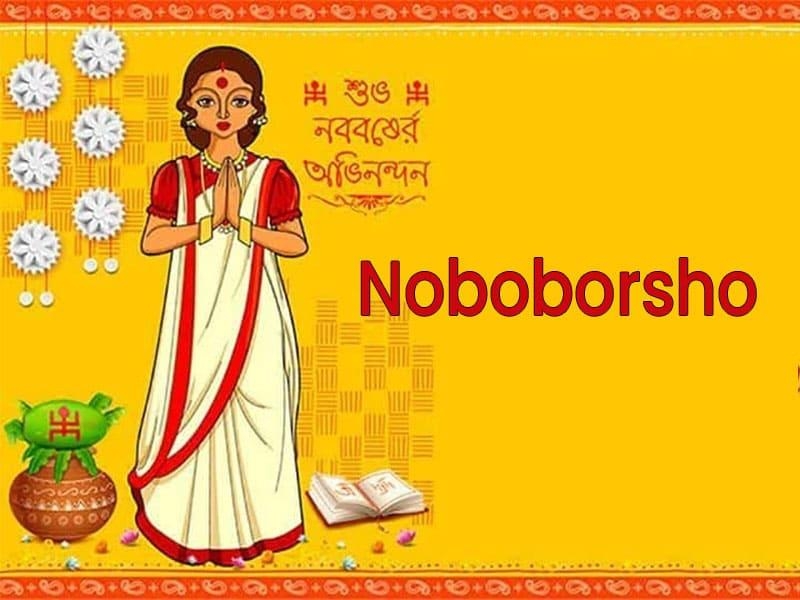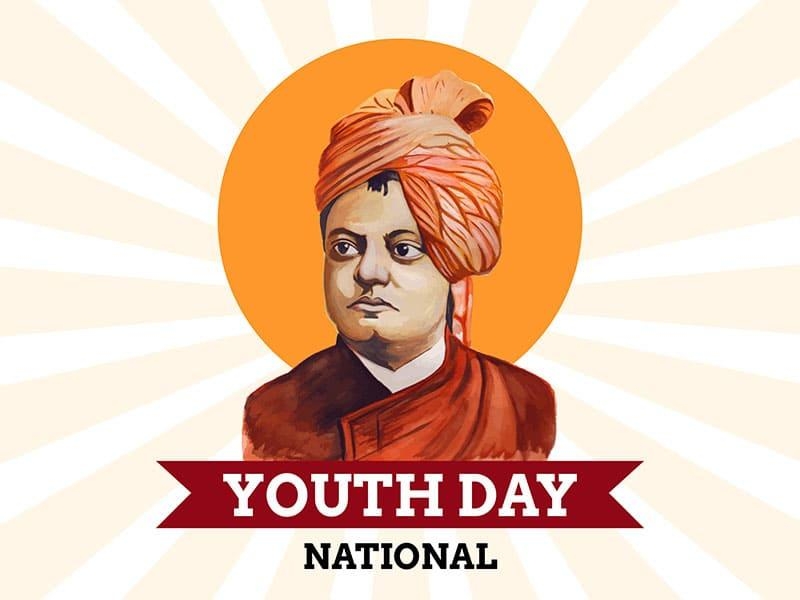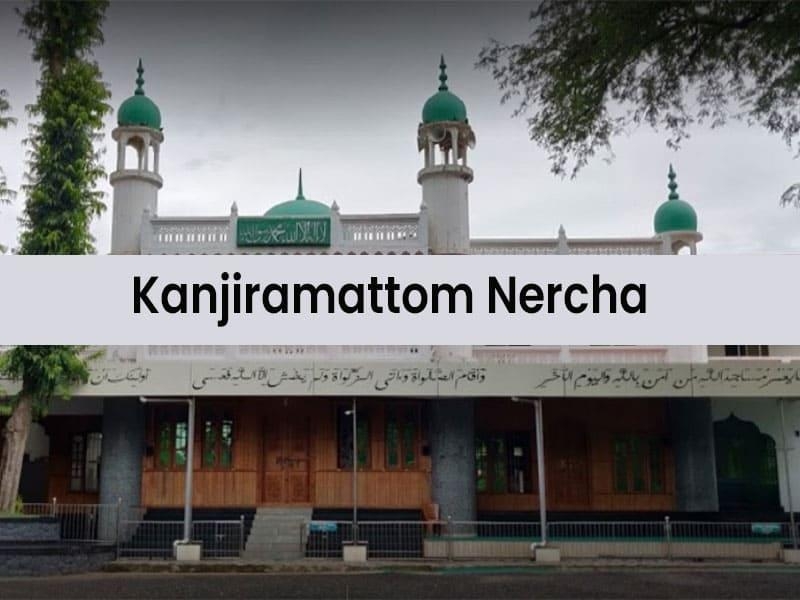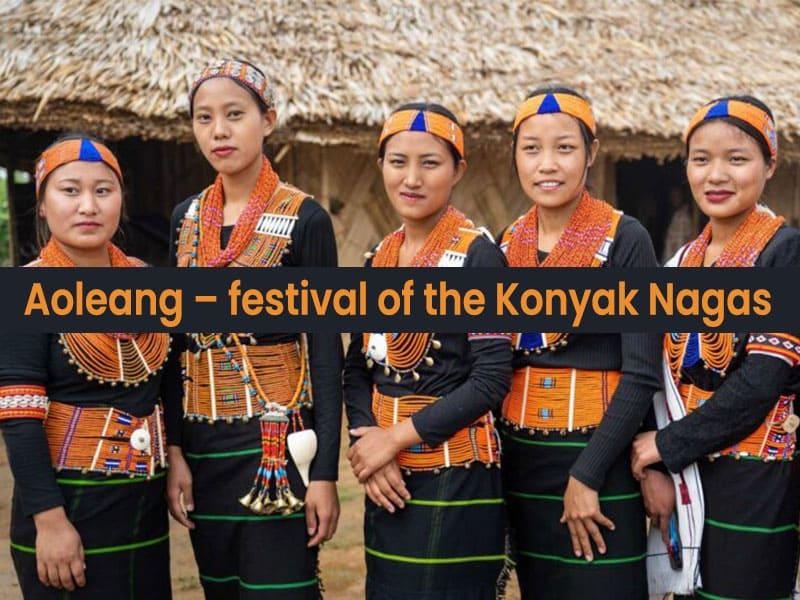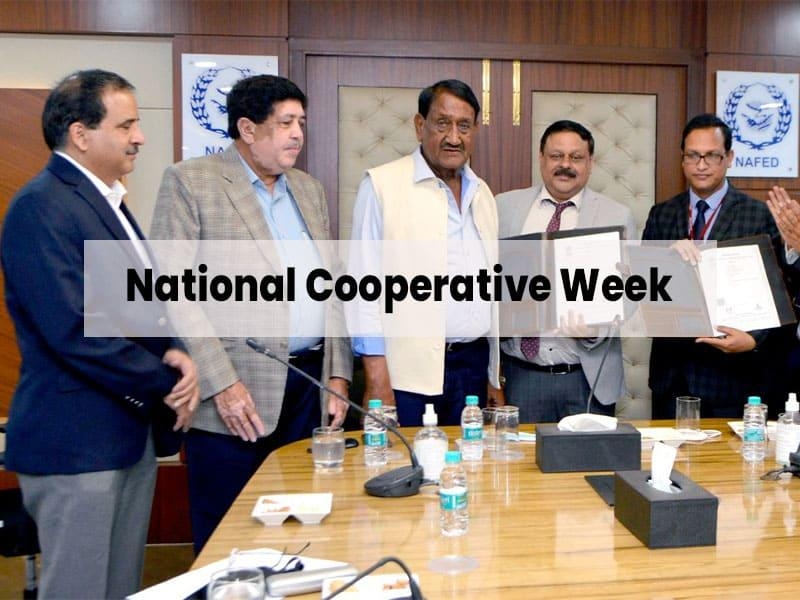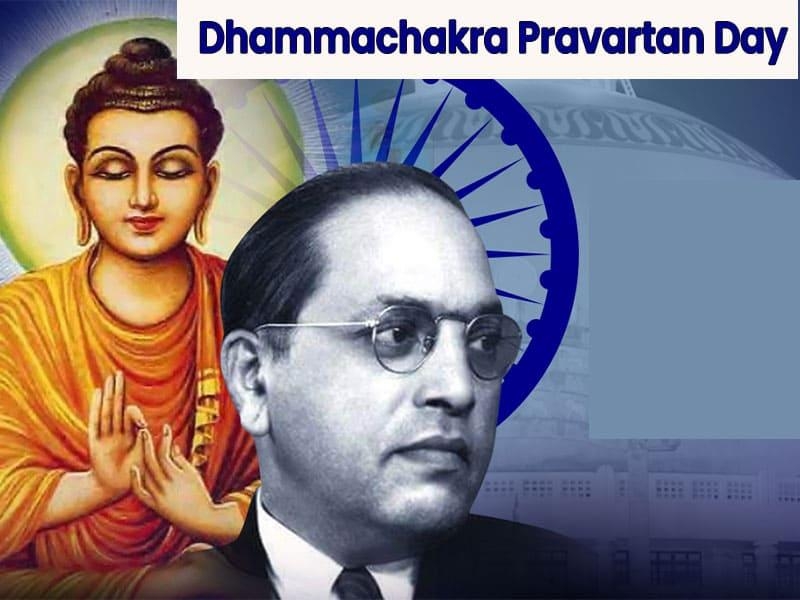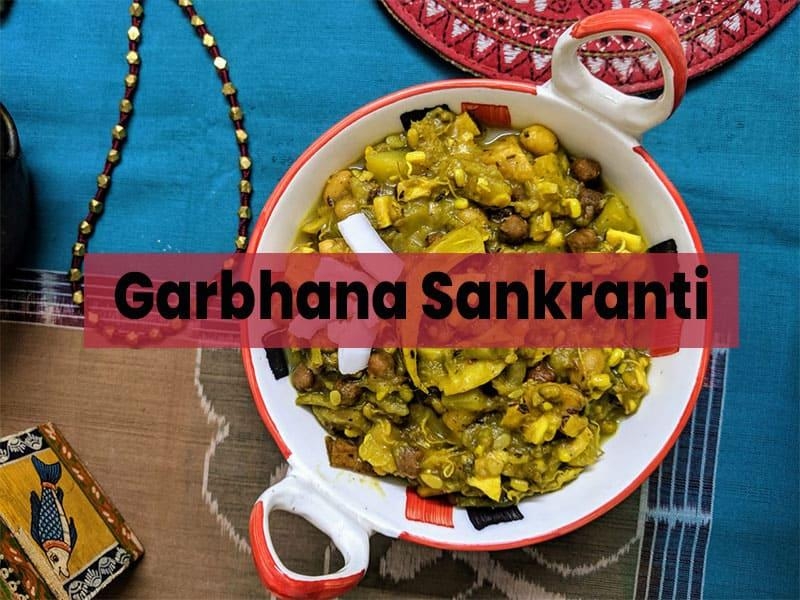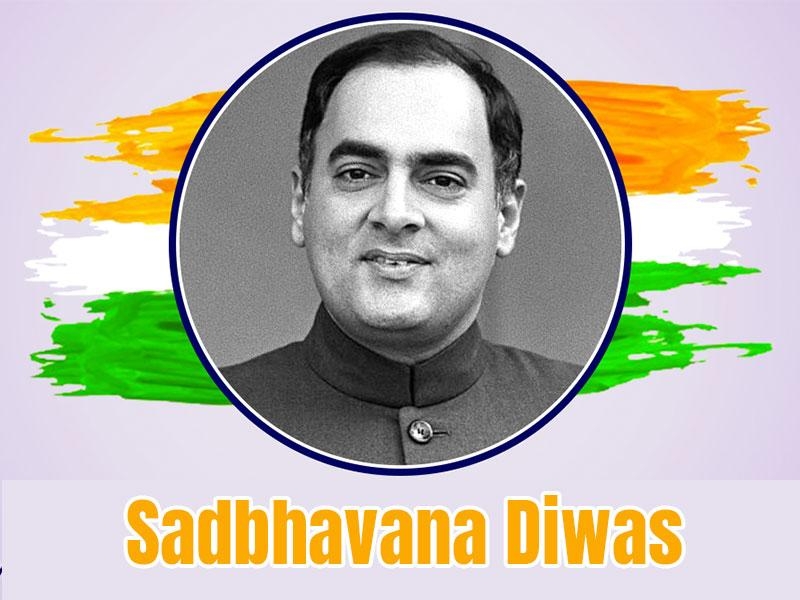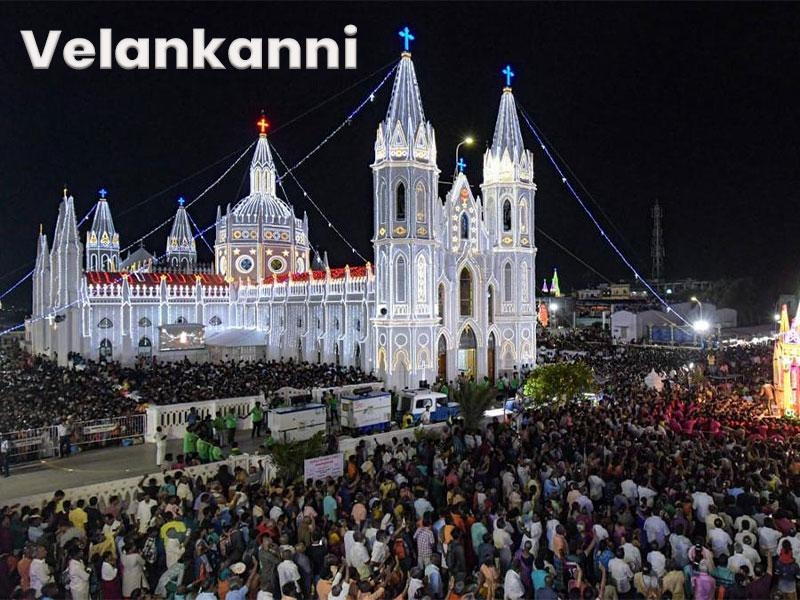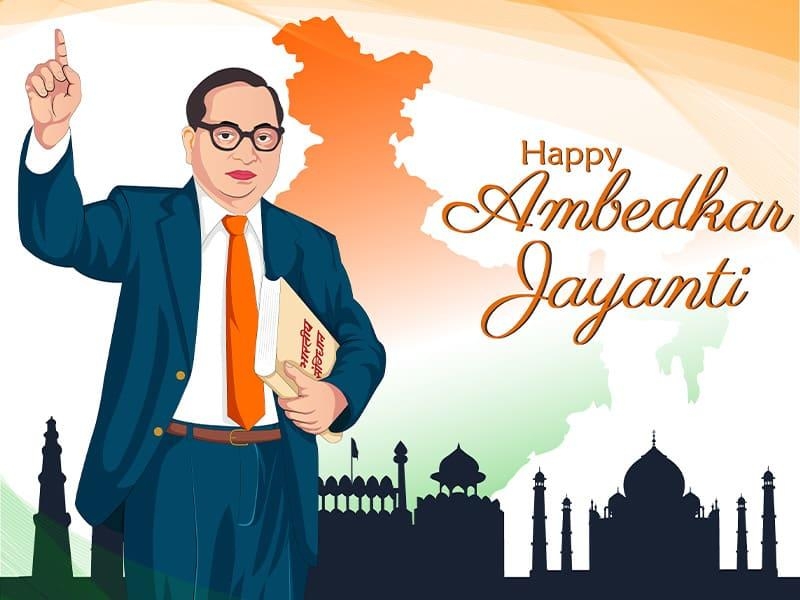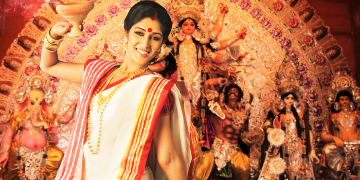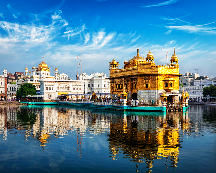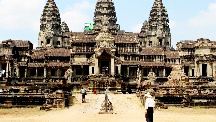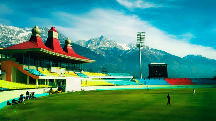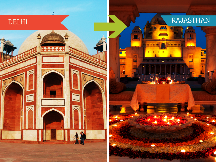- Log in
- Enquiry Form
To City (Destination)
From City
Travel Date
Travel Duration (In Days)
Adult
Child
Infant
Travel With
Hotel
Rooms
Type of Trip
Total Budget (in INR)
Ticket Booked ?
Ticket Required?
Mode of Transport
Ticket Category
I will book
Date of Birth
Gender
Marital Status
Income (Per Month)
Nationality
Preferred Language
Total countries visited so far
Do you have a Visa ?
Do you have a Passport?
Preferred Time to Call
We have identified additional inquiries related to your tour. Please review them and let us know if there are any inquiries you would like us to remove.
Share
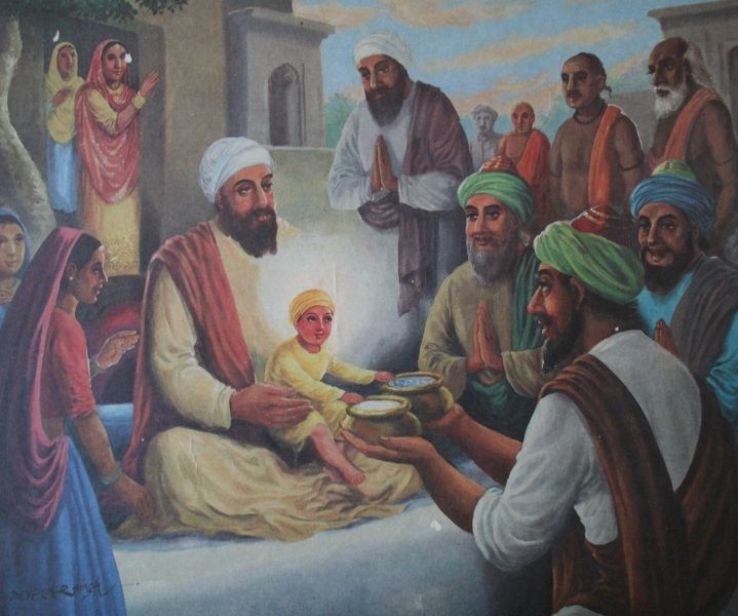
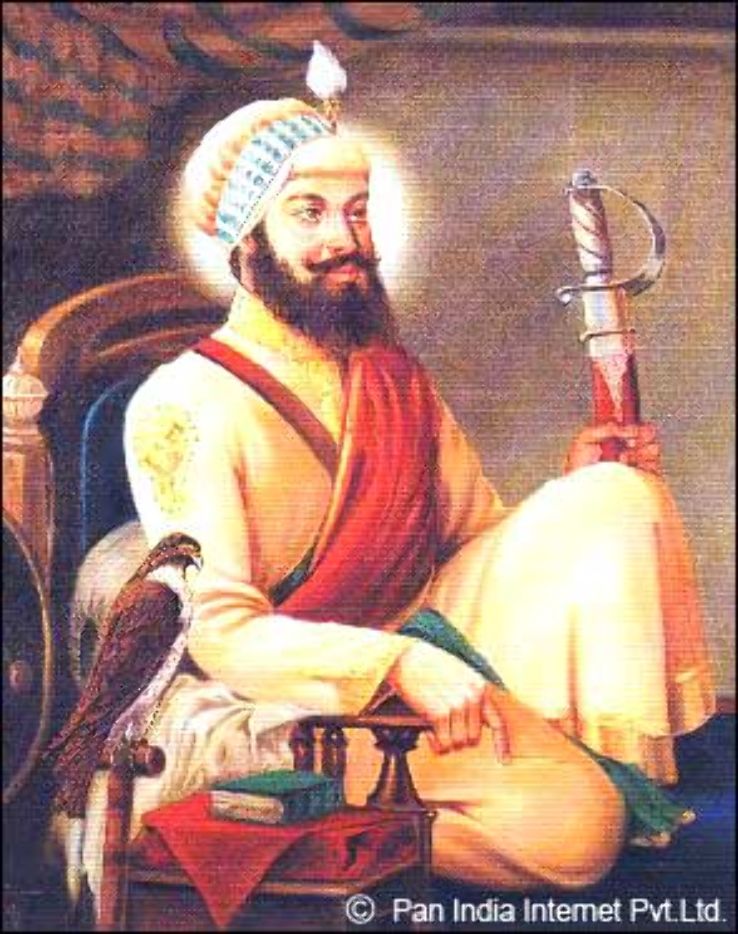
Start Date
End Date
Things to do
Visiter ratings
Best time to visit
About Guru Hargobind Singh Jayanti in
Guru Hargobind Singh was the 6th guru of the Sikhs. Sikhism was begun in Punjab by Guru Nanak in the late fifteenth century and the supporters of this religion are known as the Sikhs. Out of ten million Sikhs in India larger part are focused in Punjab. Guru Har Gobind was the 6th master of the Sikhs. Guru Hargobind Sahib was conceived at town Guru Ki Wadali in Amritsar area on Harh Vadi seventh, Samvat 1652 as per Nanakshi logbook that compares to nineteenth June, 1595 according to Gregorian calendar. Guru Hargobind Sahib conveyed two swords which are the images of shakti and bhakti. One sword was called 'Piri' that was for Spiritual expert and the other for military Power called 'Miri'. Riding, chasing, wrestling and scores of other military games were presented.
Dhadd-players used to sing the military tunes like 'Vars' to spur the Sikhs of gallant deeds. Along these lines, Sikhs turned into a military power and dependably persistently on feet to shield their autonomy. Guru Sahib gave lecturing and appealing to the Sikhs and talks were hung on the issues of the Sikh country. It was demanded that they should resolve their own debate alone hence contributed in reinforcing the Sikh country. A huge number of Sikhs visit the Golden Temple to commend the appointment day or 'Gurgaddi Divas' of Guru Hargobind Sahib on Guru Hargobind Jayanti.
